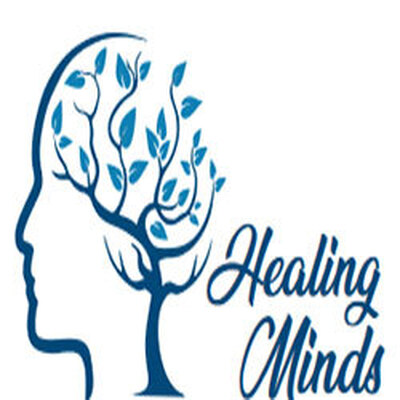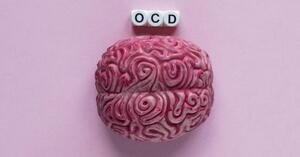-
 Find in Members
Find in Members Find in Videos
Find in Videos Find in Channels
Find in Channels
This website uses cookies to ensure you get the best experience on our website.
To learn more about our privacy policy Click herePrivacy Preference
- Tags - #OCD
-
- Last updated September 2, 2024 0 comments, 111 views, 0 likes
- Indore, Madhya Pradesh, India - Get Directions
More from Dr. Apurva Tiwari
More in Politics
Related Blogs
OCD: Breaking Free from Obsessive Thoughts and Compulsions
Body
A Psychiatrist in Indore Can Help
Obsessive-compulsive disorder (OCD) is a mental health condition characterized by intrusive thoughts, images, or urges (obsessions) that cause distress or anxiety. Individuals with OCD often engage in repetitive behaviors or mental acts (compulsions) to neutralize these distressing thoughts.
Understanding OCD
OCD can significantly impair a person's quality of life, leading to feelings of shame, embarrassment, and isolation. While it can be a debilitating condition, it is treatable with the right professional help.
Signs and Symptoms
Common signs and symptoms of OCD include:
- Intrusive thoughts: These thoughts can be disturbing, repetitive, or unwanted.
- Compulsions: These are repetitive behaviors or mental acts that individuals feel driven to perform to reduce anxiety or prevent negative outcomes.
- Distress and anxiety: OCD can cause significant distress and anxiety, leading to feelings of shame, guilt, or embarrassment.
- Avoidance: Individuals with OCD may avoid situations or activities that trigger their obsessions or compulsions.
- Impairment: OCD can interfere with daily life, relationships, and work.
Causes and Risk Factors
The exact causes of OCD are not fully understood, but it is believed to be a combination of genetic, psychological, and environmental factors. Some risk factors include:
- Family history of OCD or other mental health conditions
- Childhood trauma or stress
- Perfectionism
- Brain abnormalities
Getting Help
If you or someone you know is struggling with OCD, it's important to seek professional help. A psychiatrist in Indore can provide a comprehensive assessment and develop a personalized treatment plan.
Also Read: Depression Treatment in Indore
Treatment for OCD often involves a combination of therapies, including:
- Therapy: Cognitive-behavioral therapy (CBT) is a particularly effective approach for OCD. It involves identifying and challenging obsessive thoughts and compulsions, and developing coping strategies.
- Medication: In some cases, medication may be prescribed to help manage symptoms.
Recovery is Possible
While OCD can be a challenging condition, recovery is possible. With the right support and treatment, individuals with OCD can learn to manage their symptoms and live a fulfilling life.
If you are struggling with OCD or concerned about someone you know, please reach out to a psychiatrist in Indore. They can provide the help and support you need.
Photos
Map
-
Locations on MyWorldGo
Location Information
- Location: Indore, Madhya Pradesh, India - Get Directions
- Formatted Address: Indore, Madhya Pradesh, India
- Street Address: Indore
- City: Indore Division
- State: Madhya Pradesh
- Country: India










Comments